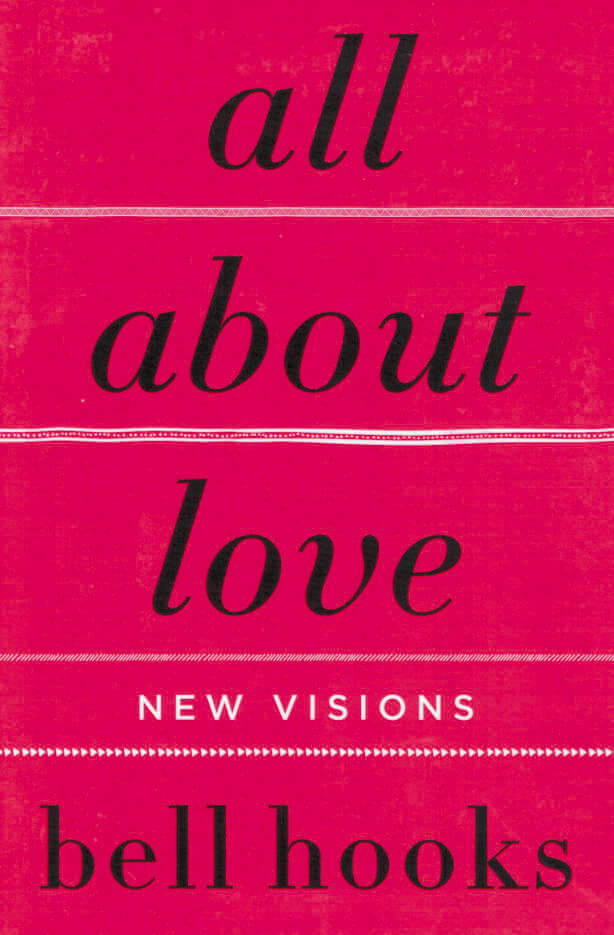
Par-Delà Les Frontières Du Corps
Comment reprendre corps ? Comment nous rapporter au corps, cet objet éminemment historique, domestiqué, violenté, pathologisé ? Silvia Federici répond : écoutons le langage du corps, sa fragilité et ses imperfections, afin de retrouver, par-delà ses frontières, la continuité magique qui nous relie aux autres êtres vivants qui peuplent la terre. Mais surtout, identifions la plaie : les rapports sociaux de genre, de classe et de race. Dans cet ouvrage accessible et personnel, en discussion avec les mouvements féministes contemporains, Silvia Federici entreprend d’extirper nos corps des pouvoirs et des dispositifs technologiques qui les aliènent et les transforment. Politiques de l’identité, chirurgie de transformation des corps, nouvelles technologies reproductives, ce livre examine avec lucidité ces questions brûlantes qui traversent le champ féministe.
Traduit de l'anglais par Léa Nicolas-Teboul
Language: French






